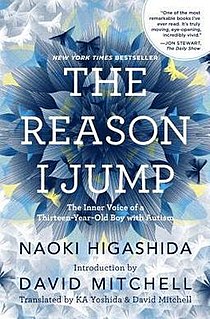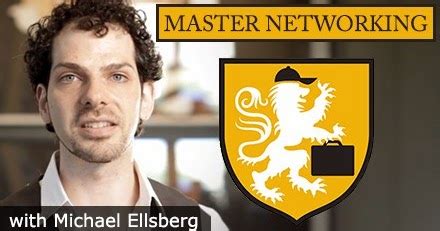A Quote by Winston Churchill
The English know how to make the best of things. Their so-called muddling through is simply skill at dealing with the inevitable.
Related Quotes
It takes skill to bring something you've imagined into the world: to use words to create believable lives, to select the colors and textures of paint to represent a haystack at sunset, to combine ingredients to make a flavorful dish. No one is born with that skill. It is developed through exercise, through repitition, through a blend of learning and reflection that's both painstaking and rewarding. And it takes time. . . . If art is the bridge between what you see in your mind and what the world sees, then skill is how you build that bridge.
A man who imagines that because he has a head full of knowledge that he is sufficient for these things had better start learning again. 'Who is sufficient for these things?' What are you doing? You are not simply imparting information, you are dealing with souls, you are dealing with pilgrims on the way to eternity, you are dealing with matters not only of life and death in this world, but with eternal destiny.
Historical grammar is a study of how, say, modern English developed from Middle English, and how that developed from Early and Old English, and how that developed from Germanic, and that developed from what's called Proto-Indo-European, a source system that nobody speaks, so you have to try to reconstruct it.
How can you get very far, If you don't know who you are? How can you do what you ought, If you don't know what you've got? And if you don't know which to do Of all the things in front of you, Then what you'll have when you are through Is just a mess without a clue Of all the best that can come true If you know What and Which and Who.
Have you noticed how easily the very young die? They make the best martyrs for any cause, the best soldiers, the best suicides. It's because they're held here so lightly: they haven't yet accumulated loves and responsibilities and commitments and all the things that tie us securely to this world. They can let go of it as easily and simply as lifting a finger. But as you get older, you begin to find things that are worth holding onto, forever.
You will hear people say the C-word. Except, it's a regional language: in British English, c - t has much less of an inflammatory sense than it does in North American English. You can hear someone on British TV called "a c - ting monkey" or a man being called a c - t. The particular fascination of profanity is how culturally specific it is and how it evolves.
If it's physical pain, you just deal with it the best way you can. But if it's more emotional, I don't know. I just try my best to feel it, take it in, and just allow myself to go through whatever may actually come from it. And then a certain amount of it, you can use to transform it through art, which is the healthy way of dealing with it, as well.











































